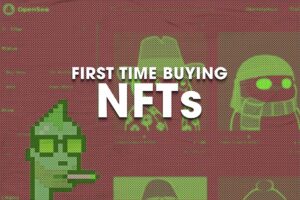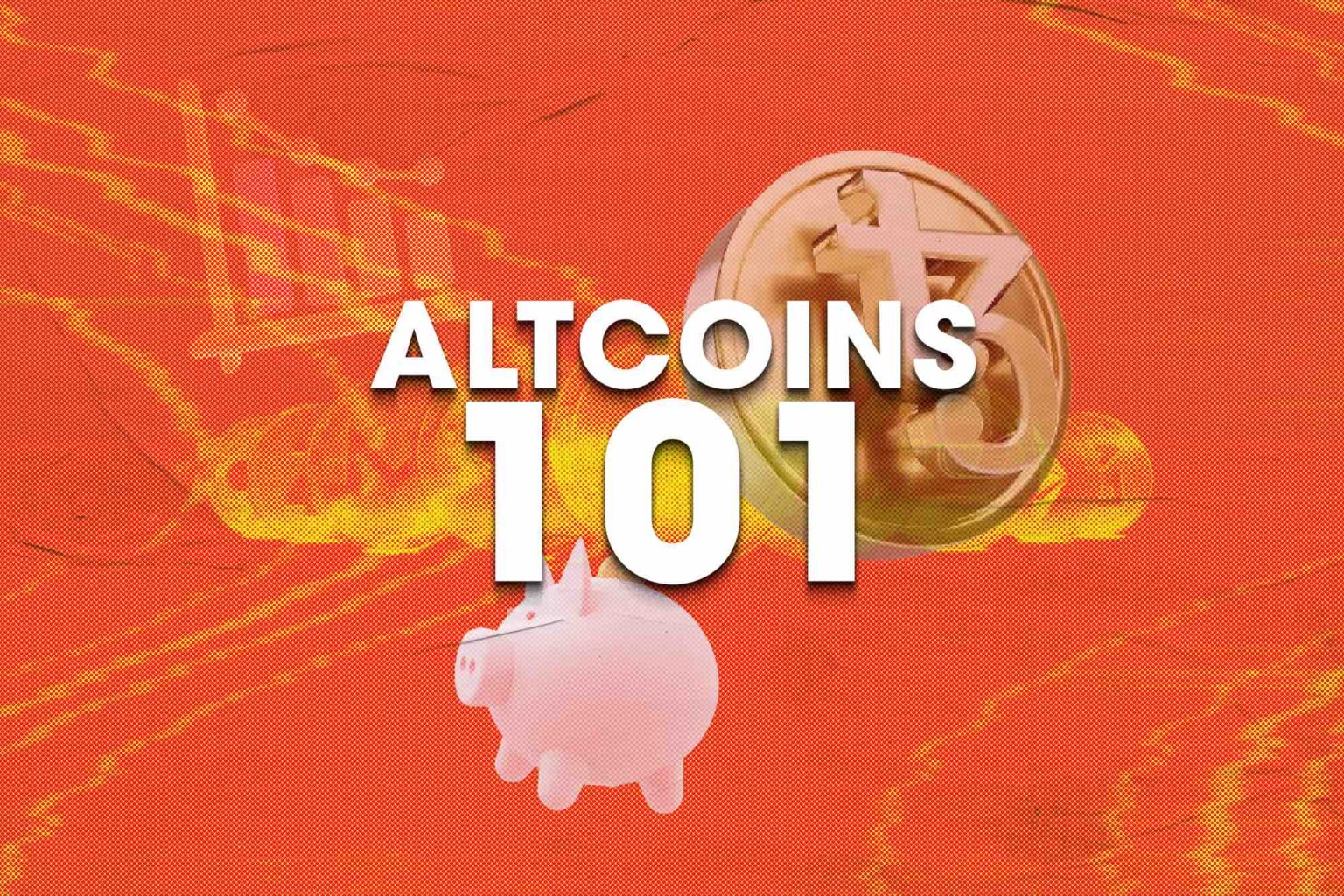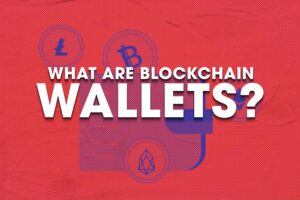
What you need to know before buying your first NFT
At the start of 2021, most people hadn’t heard of the word non-fungible token (NFT) and fewer still had any idea of what it meant. By the end of the year, Collins Dictionary had declared NFT its word of the year, and the market was worth an estimated $40 billion.



